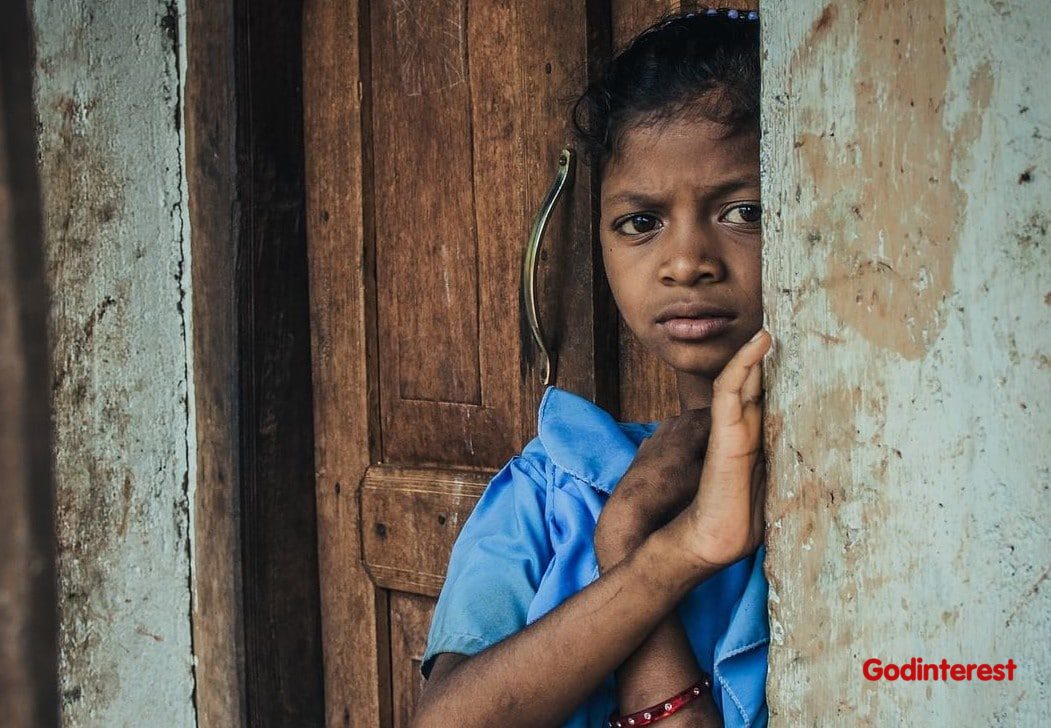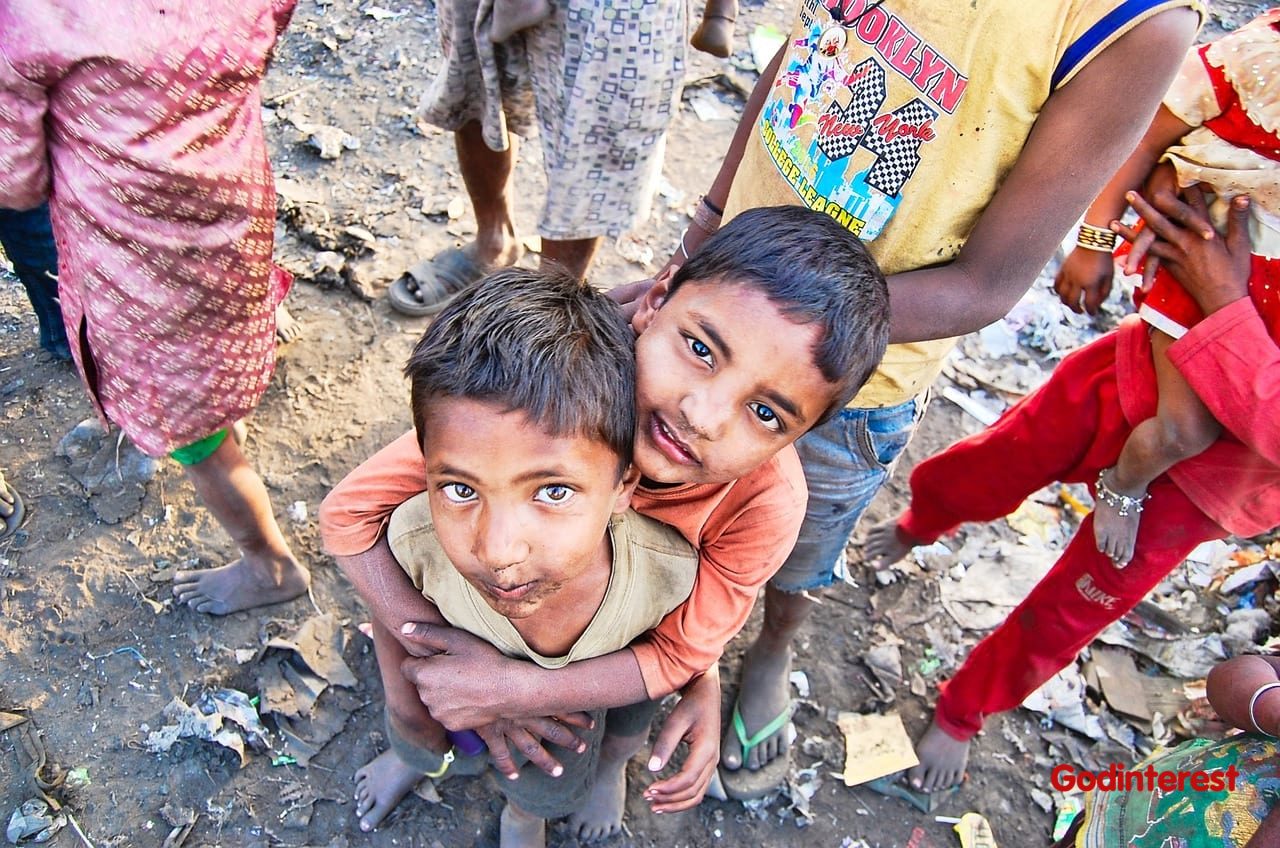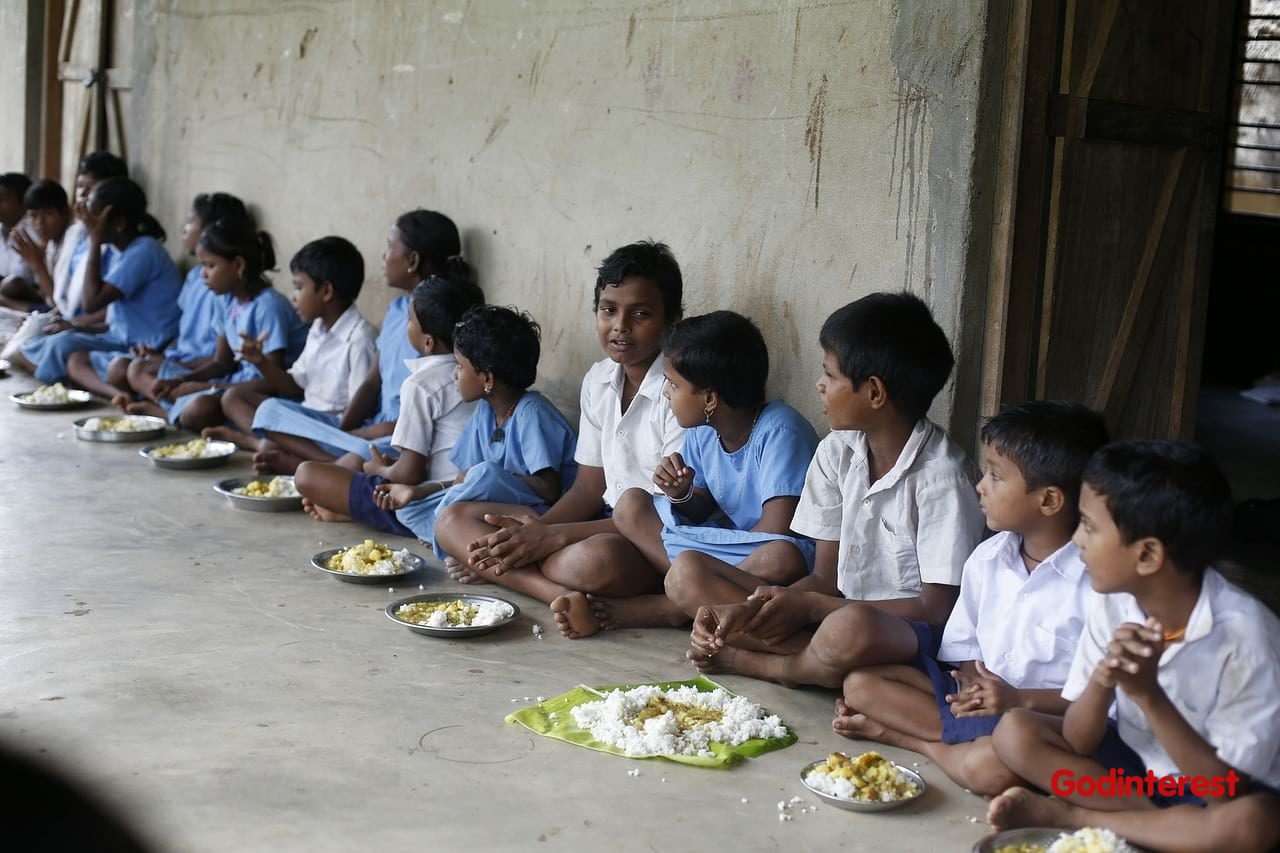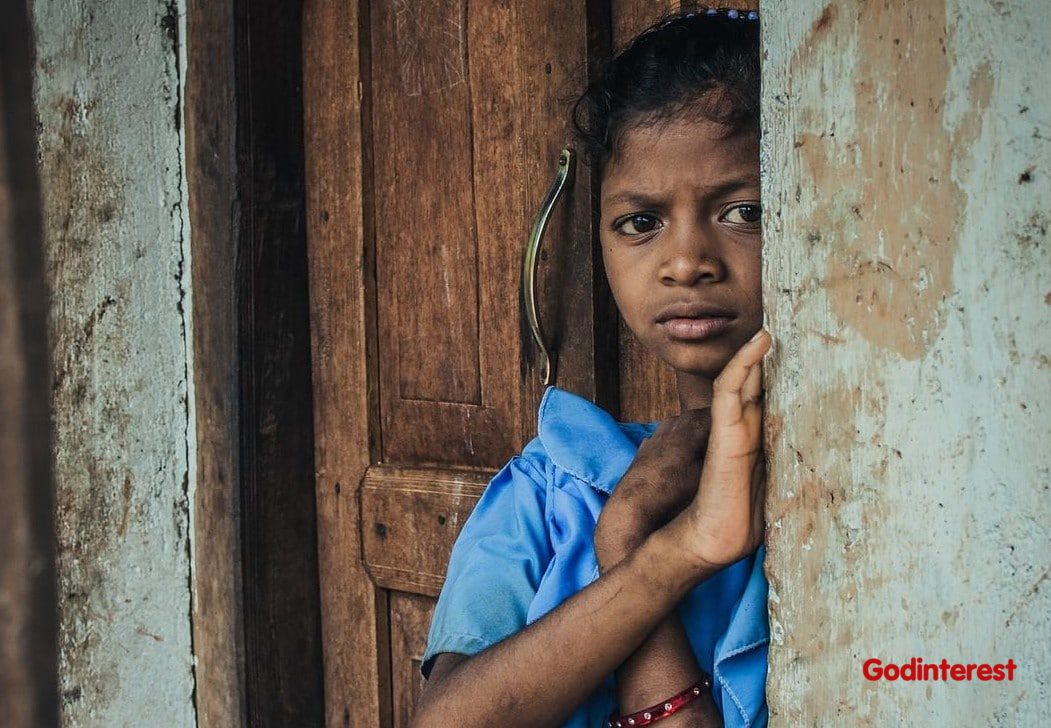WILLS POINT, TX — Gospel for Asia (GFA) — Discussing the state of a billion children in the world who live in extreme poverty who are worth every effort and measure to be given love, care, education — a Bridge of Hope.
The world has more than 7 billion people. More than 2 billion of them are children. Half of these little ones live in poverty the likes of which is difficult to understand. Extreme poverty affects every aspect of life, from physical and emotional health to education and the possibility of a better future.
So many people are in need of love, care and compassionate help. Solving their complex problems might seem like an insurmountable task. But not if we all work together. Every child who receives life-saving care and access to education is precious in God’s sight. Each one is worth the effort.

With tens of thousands of children in developing countries dying every day, often from preventable diseases, education might not seem like the most important problem to focus on. But the devoted workers at Bridge of Hope centers see it differently. They help care for the whole child, and that can affect broad and sweeping change that ripples out for generations.
The Poorest Children Begin Life at a Disadvantage
So many children in the world are born into an environment with roadblocks between them and even the most basic needs and goals. Clean water isn’t at the tap. Vaccines to prevent disease aren’t readily available. No school bus arrives down the street each morning, and books for learning aren’t given to them freely.
These impoverished little ones, many of them living in Asia, can’t take anything in life for granted. The complicated barriers to success can dash all hopes of a life-changing, good education. This is a heartbreaking realization, as education can empower them in so many ways.
The poorest of them may have parents who don’t have an education. When a child of illiterate parents does attend school, no one at home can assist with homework, even if they did have the time after a day’s labor to sit with their child and help. Learning barriers can encourage children to quit school altogether. Many of the children that Bridge of Hope centers help have lived on that fragile edge.
Some of these little ones may have only one parent who labors to provide for their family. Education for girls is viewed as less important than for boys (for myriad reasons), which also means girls are more likely to quit school early. They may help with chores and earn what little money they can, or a lack of safe, sanitary facilities might be the root of the problem. Nearly 33 percent of girls living in parts of Asia quit school after they reach the age of 14. The majority of girls are expected to work, whether or not they attend school.
Bridge of Hope centers strive to share the love of Christ and remove roadblocks for the most innocent and needy of His children, one boy and girl at a time.

What is a Day in the Life of a Poverty-Stricken Child Really Like?
In the Western world, a typical Monday morning for children begins with breakfast, a hug from one or both parents or guardians and shuffling off to school. In class, boys and girls have equal access to education and educational tools.
At noontime, there may be a break for meals and physical exercise or extra study time. They may bring a meal for lunch from home or buy lunch at school. Less fortunate children may have access to a free or reduced cost meal. But, usually, every child has access to something to eat.
At the end of the school day, these children return home. They may study. They may play games. They may have their evening meal with family, have a warm bath and sleep in a safe bed. The next day, the cycle begins again. But this is not the life of a child living in extreme poverty.
For the least fortunate children in the world, the day may begin with work. If there’s no clean water nearby, girls may be tasked with fetching it. The journey, usually on foot, can take hours or even all day. If so, it leaves no time for school. If there is clean water at home and girls can attend school, barriers still exist.
Upon waking, there may or may not be a nutritious meal for breakfast. There may be no clean clothes to wear. Mom and Dad may leave home early to labor and support the family. If so, elder children, especially girls, may have additional tasks, such as household chores and caring for younger siblings.
If these unfortunate children attend school, and not all of them do, help and support at home might not exist. Perhaps their parents come home late after working all day. And perhaps Mom and Dad lack the education necessary to help their children with their studies, which can easily lead to falling behind.
Who is there to help these at-risk children move forward in life with love and support? Anyone? Or will their future be the same as generations before? Poverty and a lack of education can bury all hopes of a better life. But with generous hearts, the workers at Bridge of Hope centers can make an incredible difference. They offer children nutritious meals, a quiet place to study, tutoring, and even basic medical care. Most of all, they offer much-needed encouragement.

Every Child is Precious and Worth the Effort
Dr. KP Yohannan, founder of Gospel for Asia, says it doesn’t matter if a child is born into the best or worst of circumstances, they all have worth and are all worthy as individuals. Every child has potential and is worth whatever it takes to help them succeed.
He explains that while nutritious food and educational help are important parts of what Bridge of Hope centers offer, the heart of it is something both simpler and greater: kindness.
“The kindness of the staff, who in many cases are giving up better-paying jobs to be able to serve these children and help them develop their true potential; and of the administrative staff of Bridge of Hope, who work behind the scenes out of love for the children; and of the children’s sponsors, who give and pray for them and write to them, telling them of their value, is what is changing their lives.” –Dr. K.P. Yohannan
This short video gives a peek into the love, care and hard work that goes into every Bridge of Hope center.
Bridge of Hope centers have an invaluable staff that includes cooks, social workers, project managers, tutors and more. They provide medical services, one-on-one help with studies, books, beautiful uniforms that children are proud to wear, and special programs.
Some children may become active in sports. They may have time for art and music. All of these combine to give children a well-rounded education with a full tummy, a healthy body and a mind that’s eager to learn.
But none of this can happen without help.
How often have you had the opportunity and power to transform the life of a child? When you sponsor a child, you join with others to share the love of God through healthy food, medical care, support and the educational tools to reach their full potential.
—–
Learn more about how to sponsor and help children from families stuck in generational abject poverty who need a Bridge of Hope. Each of them are worth whatever it takes to give them hope and help them succeed.
Go here to know more about Gospel for Asia: Sourcewatch | Integrity
<
p class=””>



